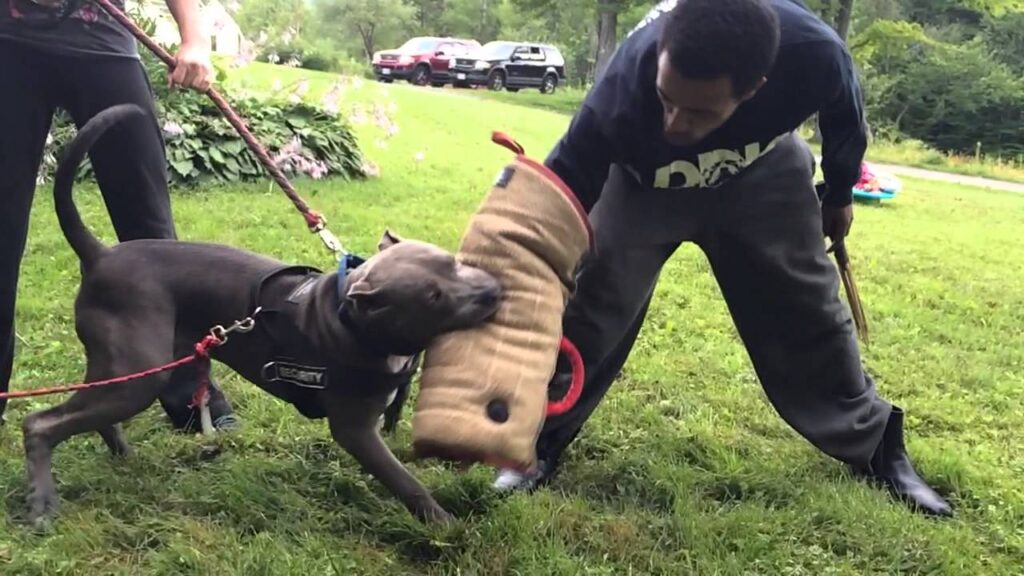Pitbull bite incidents are often discussed due to the breed’s strong jaw and muscular build. However, it’s important to understand that a dog’s bite is influenced by its upbringing, training, and socialization. Pitbulls, like any other dog, can become aggressive if not properly trained or mistreated, but with responsible ownership, they can be gentle and loving pets.
Key Points to Consider:
Pitbull Bite Force: Pitbulls have a strong bite force, but size and temperament are more important factors.
Training & Socialization: Proper training and early socialization help prevent aggressive behavior.
Responsible Ownership: Pitbulls need structured environments, including exercise, boundaries, and positive reinforcement.
Long Content: Pitbull Bite
The topic of pitbull bites often sparks debate due to the breed’s reputation for strength and sometimes unpredictable behavior.
While it’s true that Pitbulls are powerful dogs with a strong bite force, understanding the reasons behind a dog bite and how to prevent it is crucial to being a responsible pet owner.
Pitbull Bite Force
Pitbulls have one of the strongest bite forces among dog breeds, with a force of about 235 PSI (pounds per square inch).
This strength comes from their powerful jaw muscles, which are built for strength, as they were historically bred for bull-baiting. However, the bite force alone is not a reliable indicator of a dog’s behavior.
Factors such as training, environment, and the dog’s individual temperament play a much bigger role in determining whether or not a dog will bite.
Why Do Pitbulls Bite?
Like all dogs, Pitbulls may bite in certain situations. It’s not the breed but the circumstances that lead to a bite. Some common reasons for aggression or biting include:
Fear: A Pitbull may bite if it feels threatened or cornered. Fearful dogs may lash out as a defense mechanism.
Territoriality: If a Pitbull feels its home, food, or owner is being threatened, it may bite to protect what it perceives as its property.
Pain: A dog in pain, whether from an injury or illness, may bite if it feels threatened or unable to escape.
Lack of Socialization: Dogs that have not been properly socialized may become fearful or aggressive toward people or other animals.
Mistreated Dogs: Dogs that have been abused or neglected are more likely to bite as they may have learned to be defensive or fearful.
Preventing Pitbull Bites
Pitbulls, like any other dog, need proper training and socialization to prevent bites and aggressive behavior. Here are some key steps to prevent Pitbull bites:
Training: Early obedience training is essential. Positive reinforcement methods work best to teach your dog how to behave.
Socialization: Expose your Pitbull to various people, environments, and other animals from a young age to reduce fear-based reactions.
Regular Exercise: A well-exercised dog is less likely to act out due to pent-up energy. Regular walks, runs, or playtime help keep a Pitbull calm and balanced.
Veterinary Care: Regular vet checkups can help rule out pain or illness, which may cause a dog to become aggressive.
Responsible Ownership: Always supervise your Pitbull, especially around children or other animals, to prevent accidents.
Pitbull Bite FAQ
1. Are Pitbulls known for having a strong bite?
Yes, Pitbulls have a strong bite force of around 235 PSI, which is one of the strongest among dog breeds. However, bite strength alone doesn’t determine whether a dog is aggressive.
2. Why do Pitbulls bite?
Pitbulls may bite out of fear, pain, territorial defense, or lack of socialization. A dog that feels threatened or cornered might bite as a way of defending itself.
3. Can Pitbulls be trained to avoid biting?
Yes, proper training and socialization can help reduce the likelihood of a Pitbull bite. Early obedience training and exposure to different environments and people help prevent fear-based aggression.
4. How can I prevent a Pitbull from biting?
To prevent Pitbull bites, ensure early socialization, consistent training, regular exercise, and veterinary care. Avoid putting your dog in stressful or threatening situations.
5. Are all Pitbulls dangerous because of their bite?
No, not all Pitbulls are dangerous. With responsible ownership, training, and proper care, Pitbulls can be loving and well-behaved pets.
The majority of bites occur due to improper handling or lack of training.
Conclusion
While Pitbull bites can occur, it is important to recognize that they are not an inherent characteristic of the breed.
With proper care, training, and socialization, Pitbulls can be loving, well-behaved pets. Their strong bite force should not overshadow their potential as family companions.
Responsible ownership is the key to preventing bites and ensuring that your Pitbull is happy and well-adjusted.

